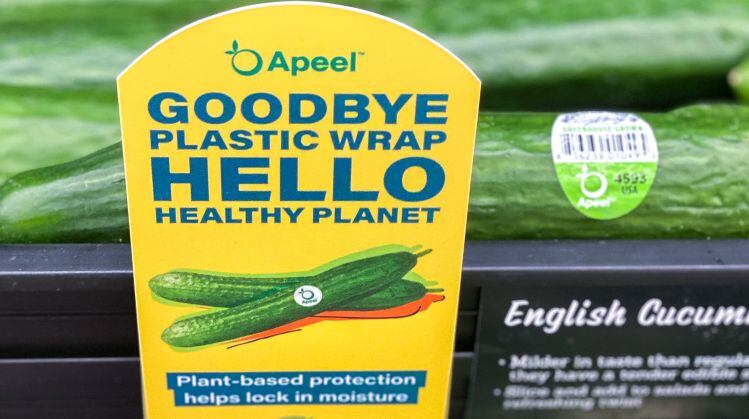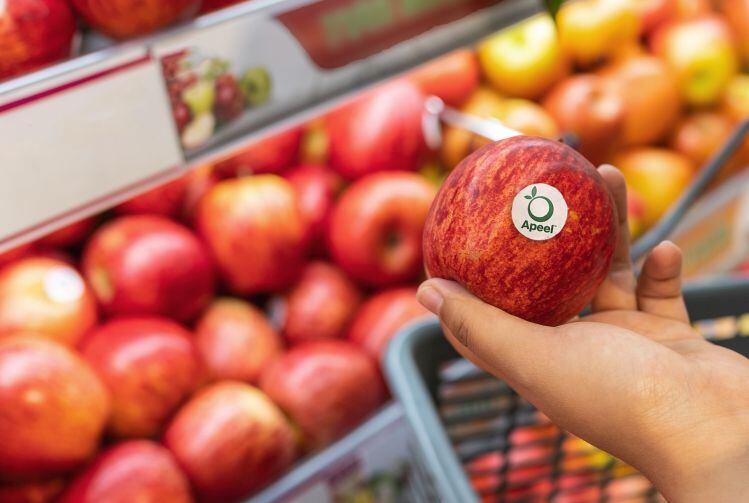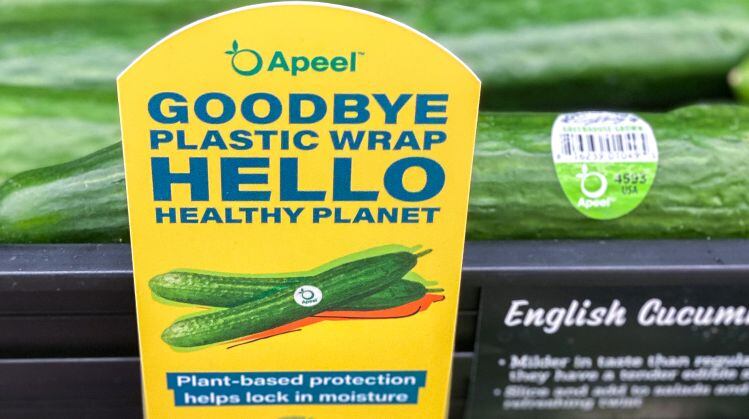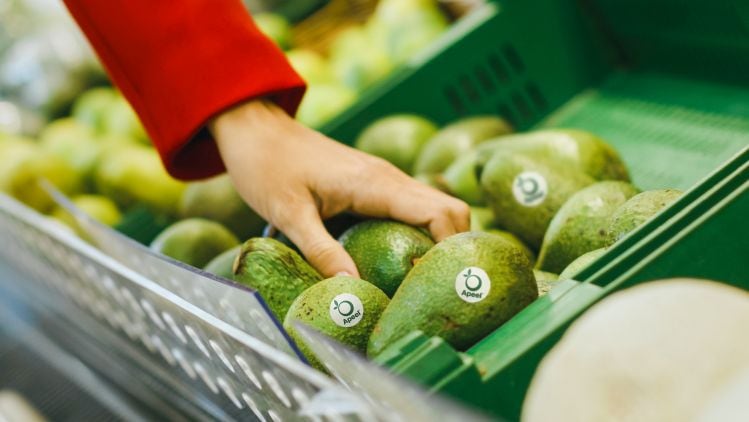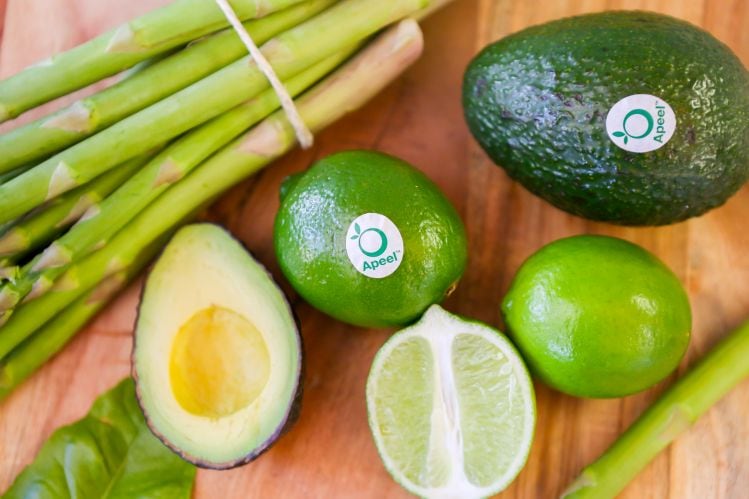The round – which brings Apeel’s cumulative funding to $390m - follows a $250m round unveiled in May giving it a valuation of north of a billion dollars.
It will be used to help farmers in emerging markets reduce food waste and gain access to new markets, including the US and Germany, said CEO Dr James Rogers, who founded Apeel in 2012 in Santa Barbara, California, with a grant from the Bill & Melinda Gates Foundation, and has since built operations across the US, Spain, the Netherlands, Mexico, Peru, and South Africa.
Apeel is now producing commercial quantities of its invisible skin for limes, avocados, organic apples, mandarins, and oranges, with multiple other applications to follow spanning everything from cucumbers and asparagus to pineapples, mangoes, lemons and tomatoes.
Work on very short shelf-life products such as strawberries and raspberries, as well as cut-fruit, is also in progress, said Dr Rogers, who is working with smallholders in Sub-Saharan Africa, Central and South America, and Southeast Asia.
“The harsh reality is that it is nearly impossible today for most smallholder farmers to get their produce to a marketplace that will pay for it before it spoils.
“The new funding… will enable us to not only give smallholder farmers more time to market their fresh produce, but also greater access to higher-value markets previously out of reach because of inevitable perishability.”
‘Much of what a smallholder farmer produces can only reach small local markets’
Fresh fruits and vegetables offer smallholder farmers much larger income opportunities than staple crops, and demand for fresh produce is increasing globally, said the company.
"Without access to a refrigerated supply chain, much of what a smallholder farmer produces can only reach small local markets where the supply of locally grown crops often far exceeds demand.”
Colorless, odorless, tasteless: ‘We use food to preserve food’
Supplied as a powder that can be mixed with water and sprayed onto produce or used as a dip, Apeel is made from plant extracts (primarily lipids from agricultural by-products such as tomato skins and seeds) which self-assemble into structures - an edible ‘skin’ of consistent thickness - that allow Apeel to independently modulate the rate of oxygen and carbon dioxide transmission to create an optimized microclimate. Put more simply, they keep moisture in, and oxygen out.
The lipid content does not, however, make Apeel waxy or greasy. Indeed, the primary attraction to retailers is that Apeel is both ‘all-natural’ and invisible: it’s colorless, odorless, tasteless and undetectable on produce (no sticky or waxy residue), says the company. “You can’t see it, smell it, taste it, or feel it. And it’s just plants. We use food to preserve food.”
US retailers using Apeel typically see a 50% reduction in shrink
US retail partners include Kroger, Walmart, Harps Food Stores and Martin’s, while overseas retailers include Edeka in Germany and Salling Group in Denmark, said Dr Rogers, who said US retailers using Apeel typically see a 50% reduction in shrink, 5-10% growth in dollar sales, and an incremental 10% growth in dollar sales when they use instore marketing campaigns educating shoppers about Apeel’s benefits.
In the case of long English cucumbers, applying Apeel means firms can ditch the plastic shrink-wrap; while for asparagus, the extra shelf-life (Apeel slows the rate of water loss by up to 50%) means it can travel by sea instead of air, without the use of controlled atmosphere, reducing costs.
Avocados treated with Apeel have up to 50% longer shelf life, slashing retailers’ shrink and giving consumers more time to enjoy them at peak ripeness; while for limes, Apeel can triple shelf life, giving growers and distributors access to new markets.
